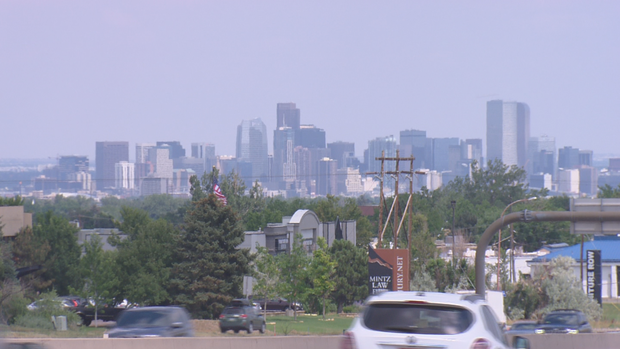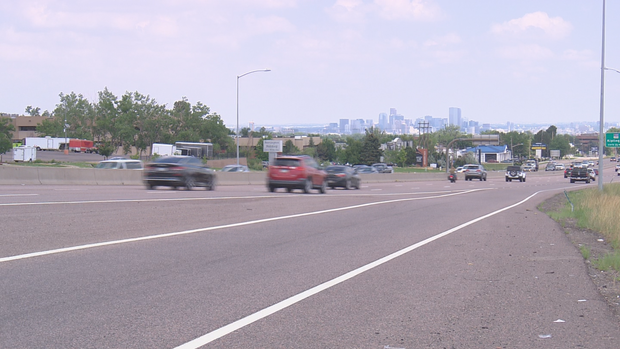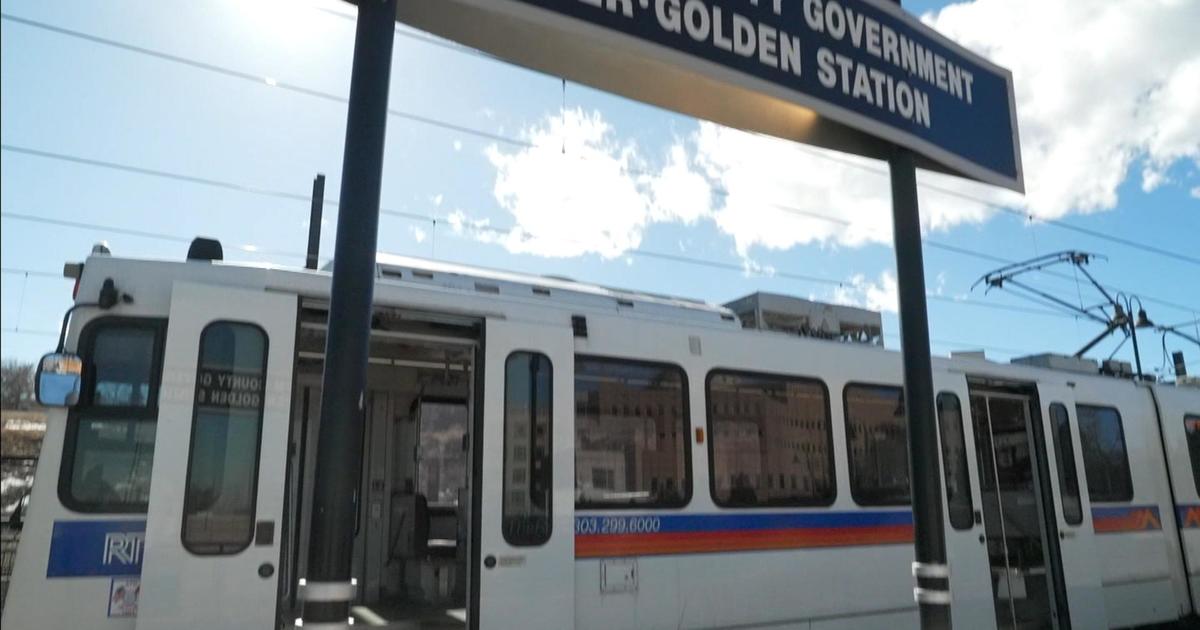Plan to reduce Denver metro area ozone pollution could require cleaner-burning gas, but advocates say it 'misses the mark' overall
As the Environmental Protection Agency is preparing to reclassify nine Denver metro counties from "serious" to "severe" violators of federal ozone standards — a worse categorization for these areas to attain — the Regional Air Quality Council is preparing to adopt a thorough plan to reduce ozone pollution over the next several years. It's a plan that will be up for a vote Friday.
The plan — also called the Ozone State Implementation Plan, or SIP — will later be presented to the state, and was designed through careful consideration of local air quality monitoring data and climate modeling, according to officials with the RACQ.
But some advocacy groups feel it doesn't go far enough to tackle all the roots of the problem.
"We shouldn't have to accept dozens of dirty ozone days every single summer," said Danny Katz, Executive Director of the Colorado Public Interest Research Group, which has been fighting for more stringent policies in the SIP. "We really want to make sure that plan is aggressive. We have for years missed the healthy ozone cutoff; we've had these ozone alerts."
While the plan's new preface contains several suggested measures to help, like possible prohibitions on gas-powered lawn mowers, Katz says those measures should be in the plan itself as actual directed actions.
"We should reduce pollution from vehicles, from our buildings, and from industrial facilities, and finally, oil and gas operations," Katz said. "So, we have all these different places that we can be reducing the pollutants that are contributing to our ozone pollution, and how and how much really starts with this process and the Regional Air Quality Council."
He says toothless SIPs in years prior have continued to fail the metro area, and says the RACQ should send an aggressive message to the state about taking critical actions to protect residents from unhealthy air.
"I'm just not seeing a lot of specific policies that they're putting forward for our state to adopt," Katz said. "This time around, we should make sure we are using every tool we can to reduce air pollution."
David Sabados, Communications Director for the RACQ, says the plan will make a difference, it just takes time for the solutions to show an effect.
"This plan puts best practices that we've been working on over the last few years," Sabados said. "The hard part is sometimes understanding that these plans take time, that all of these changes don't instantly clean up our air overnight."
One of the new additions to the SIP, Sabados says, is the possible requirement of a reformulated gasoline to be sold in the areas of the Denver metro that will be under the "severe" classification. He says it could increase gas prices by up to 30 cents in the next two years, but should significantly reduce emissions.
"It's not a different gas you buy, it's just a different blend, it's already being used in a lot of other parts of the country where they're seeing some improvement," Sabados said.
Other measures included in the plan are fees for major industrial polluters and stronger motor vehicle emissions checks.
"Do we need to be regulating that everyone needs to take the bus? That's not really the way this works, but if we can be working hand in hand with community, with industry, we can be getting there," Sabados said.
The SIP is up for a vote Friday, if you'd like to attend or participate in public comment, click here for details on time and place.






